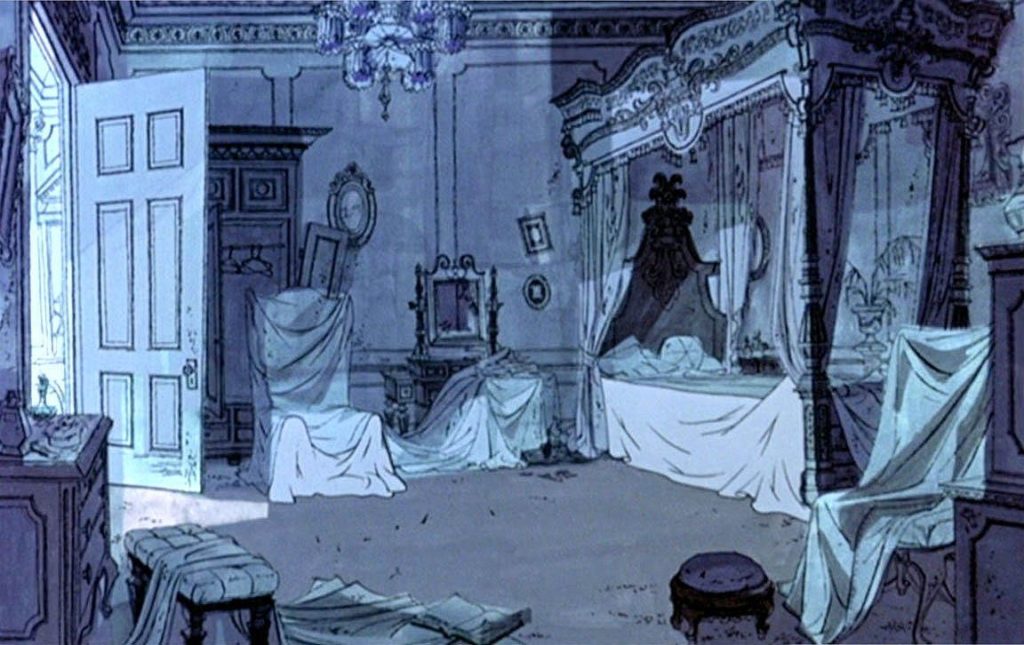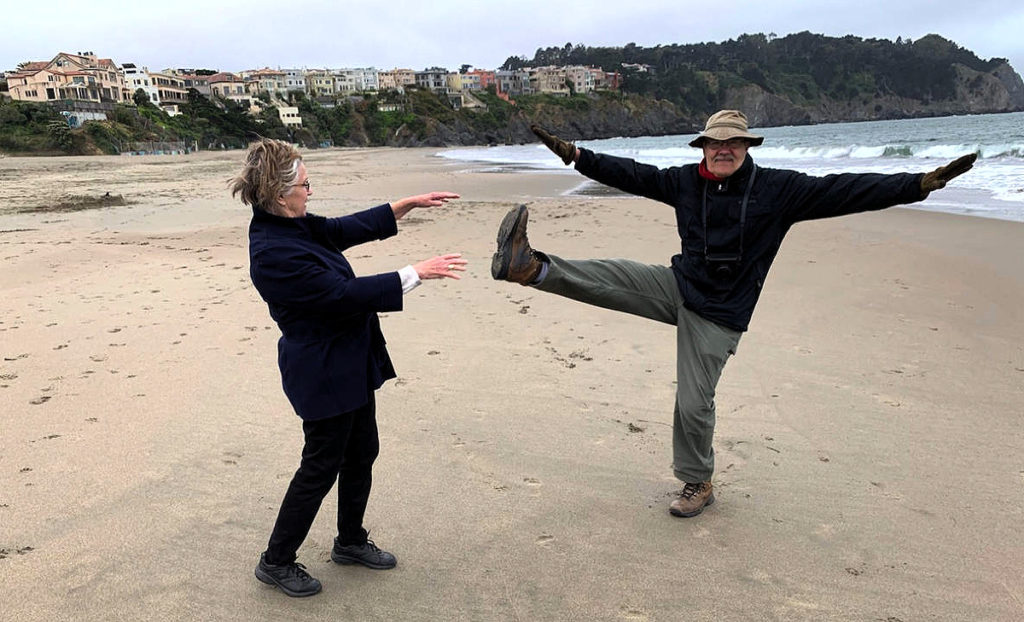
23-Eric
22-High
19-Pulp
Delicious

Baobab fruit dries naturally on its branch instead of dropping and spoiling, it stays on the branch and transforms into a hard coconut-like shell. The pulp of the fruit dries out completely producing a delicious pure fruit powder.

If the opinion that men might live very comfortably on virtue only, be a notorious error; no less false is that position of some writers of romance, that a man can live altogether on love; for however delicious repasts this may afford to some of our senses or appetites, it is most certain it can afford none to others.
Those, therefore, who have placed too great a confidence in such writers, have experienced their error when it was too late; and have found that love was no more capable of allaying hunger, than a rose is capable of delighting the ear, or a violin of gratifying the smell.
The History of Tom Jones, a Foundling (1749) by Henry Fielding
16-Need
Phases

And a youth said, Speak to us of Friendship. And he answered, saying: Your friend is your needs answered.
The Prophet – Kahlil Gibran (1923)
The moon is a constant companion. It’s always there, sometimes shining brightly, sometimes obscured by clouds, but it’s a reassuring presence in the night sky.
Like a friend, the moon is ever-present yet often silent, offering its gentle light and gravitational pull to Earth and all who gaze upon it.
ChatGTP
15-Shor

The older you get … the higher you have to kick.”
Salman Khan
15-Done
Siesta

It does not matter what we expect from life, but rather what life expects from us. We are being questioned by life – daily & hourly. Take the responsibility to find the right answers to its problems and fulfill the tasks which it sets for each individual.
Viktor Frankl
Lift up your eyes upon the day breaking for you, give birth again to the dream. Each new hour holds new chances for new beginnings.
Angelou
14-Folk
Intention

Half of those who die in combat enter Valhalla, while the other half are chosen to reside in Fólkvangr.

Excellence is never an accident. It is always the result of high intention, sincere effort, and intelligent execution.
Aristotle

